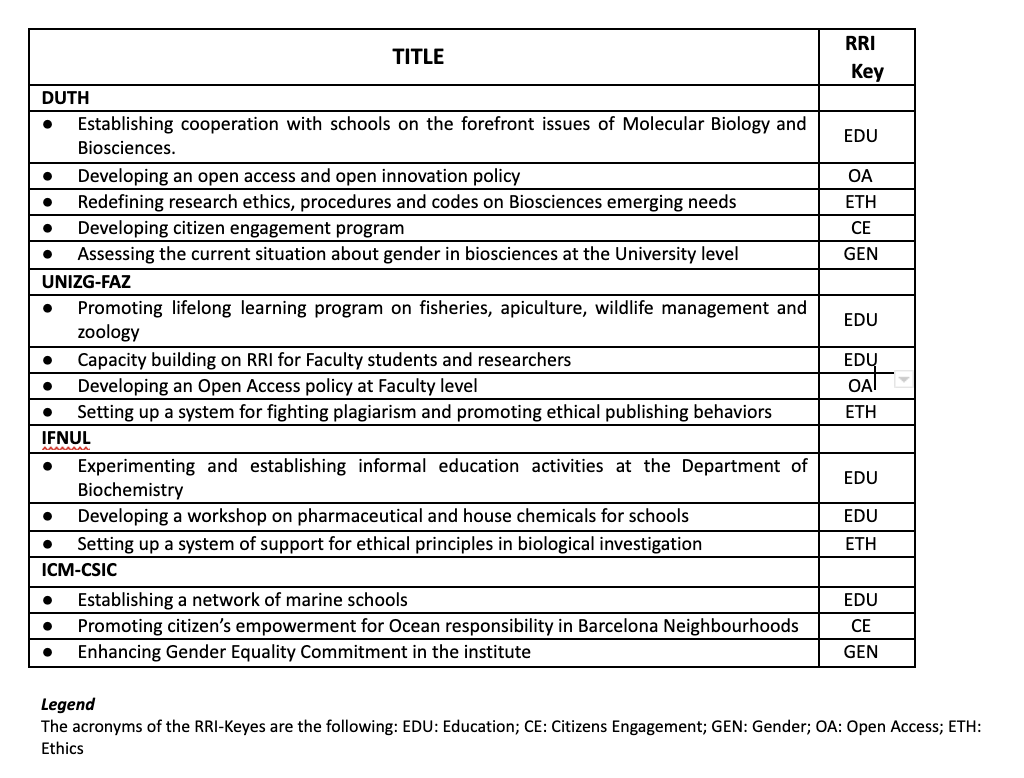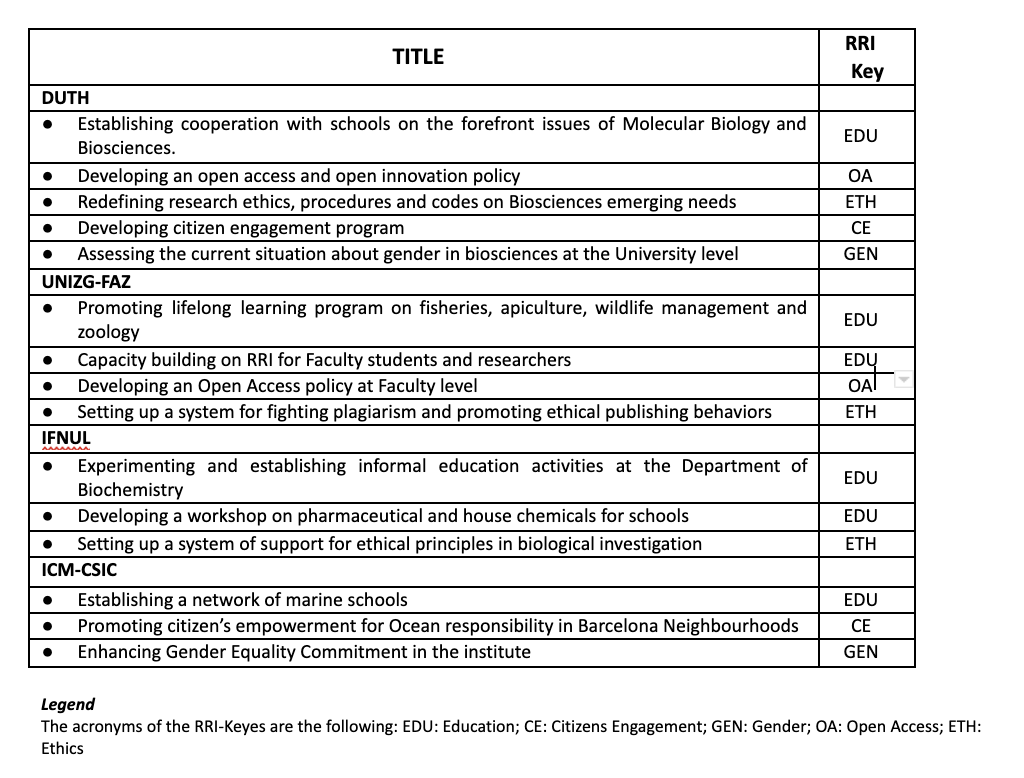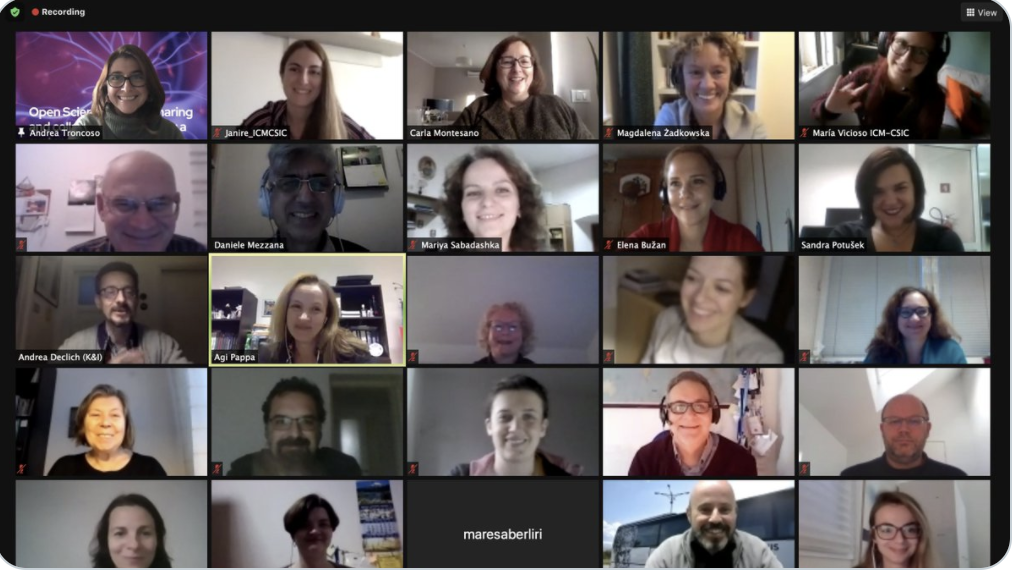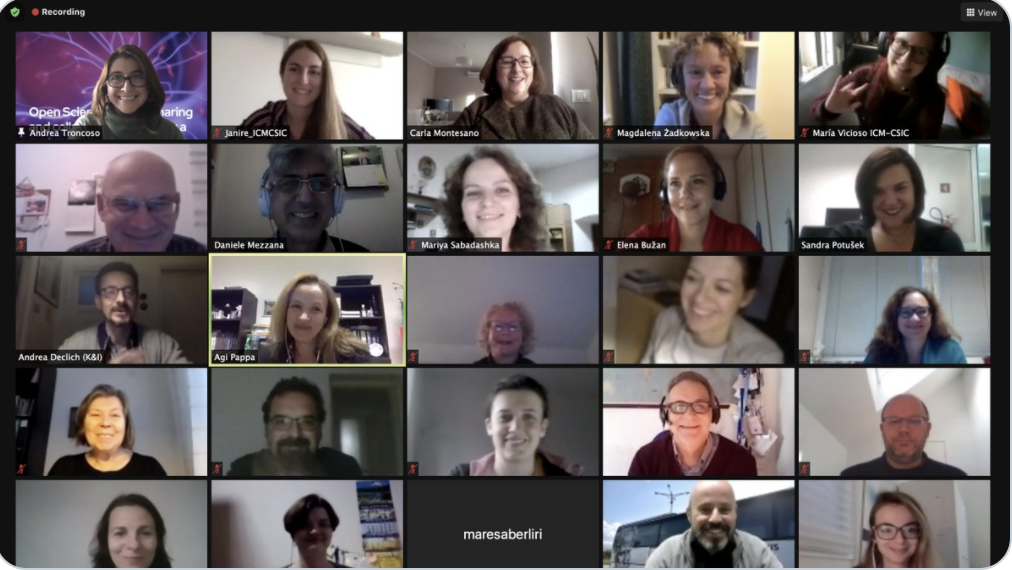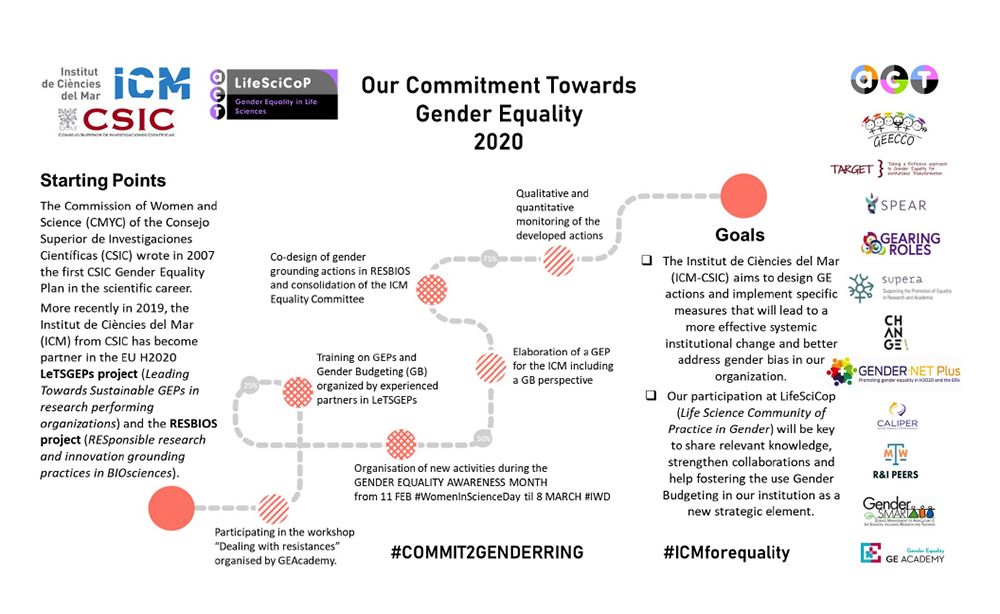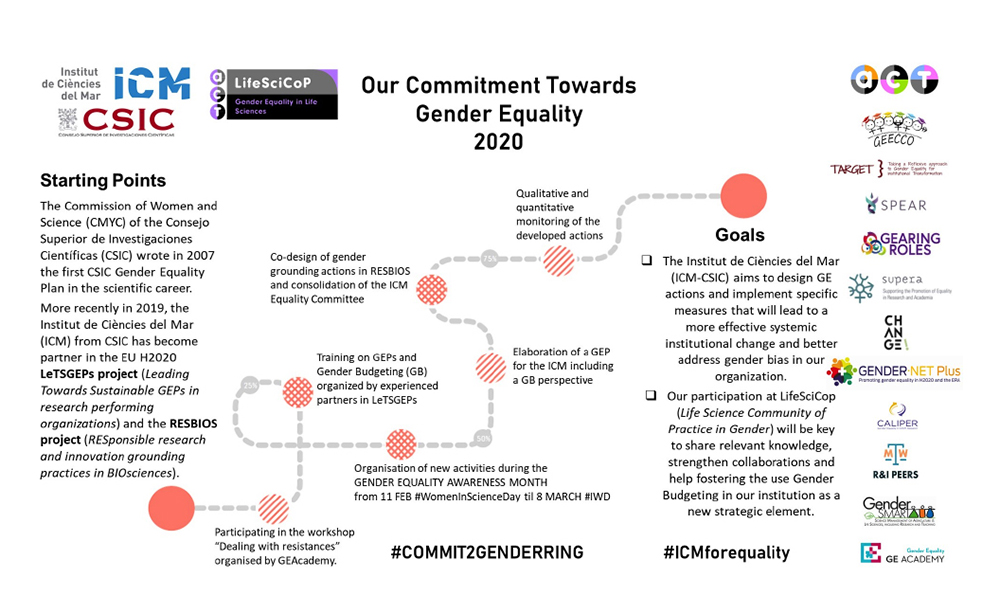About the “Reflective Catalogue”, the “Reflective Review Cafe” & more
About the “Reflective Catalogue”, the
“Reflective Review Café & more!
The implementation of RRI concepts into scientific institutions affords ways to integrate these concepts into existing institutional structures, teaching contents and scientific perspectives. Therefore, the Uni Bremen team developed a series of reflective activities for scientists on varying career levels, PhD students and pupils visiting the outreach lab “Backstage Science” (BaSci Lab).
To reach scientists and PhD students in dialogue regarding science ethics an open form of group discussion was tested. Prior to the workshop, the participants were asked to formulate ethical issues, problems or observations from their personal perspectives. The moderator also brought a few typical questions and scenarios in case of lacking input from the participants. The content discussed was very diverse and interesting: From unethical conduct and the consequences for scientists, workgroups and the scientific community to the contrast between “black and white” ethics and the “grey area” of real actions. Due to the topics having originated from the participants themselves, the discussions were very intense and the varying career levels from PhD student to professor enriched the situation with fresh views and first hand experiences.
Science projects often are publicly funded and/or focus on issues of societal relevance. Consequently, scientists are obligated to communicate about their project approach, methods and findings with societal interest groups or even engage certain stakeholder groups in the project shaping and process. To effectively communicate with public groups, scientists need to consider certain factors: The target group of the information, for example, determines the language and platform of communication, and certain aspects of the scientific issue may have more interesting value for non-scientists than others. With our developed “Reflective catalogue” for public engagement scientists can – with the help of guiding questions – investigate their target group(s) and resulting communication strategies as well as aspects of their research interesting to their target group. During testing, the cases of basal research stepped out: Here, it is more difficult to connect the research to relevant societal topics and it may become dangerous to overstate the meaning of a certain finding for concrete application. But there is also the great chance to show future possibilities, if dealt with cautiously.
For pupils visiting the BaSci lab we developed the “Reflective Reviewing Café” (RC) with the goal to improve the students’ understanding of science, which may enable them to responsibly participate in future science-related decision making. The RC is based on the world café method and also consists of different tables with meaningful and interesting guiding questions. In groups of six to eight persons plus moderators the students discuss their conducted research in the outreach lab and general aspects of science close to the lab research. “What did you do in your experiments? And why?” asks for the scientific processes and the underlying reasons for scientific methods as we know them. About personal, cultural and other influences on research and its findings the students discuss the question “How subjectively influenced can scientific knowledge be?”. This question can reveal very deep insights into science as well as very strong resistance against the idea of anything influencing scientific knowledge. “What are the goals of scientific endeavor?” offers the basis for discussion about ethical issues, progress and societal impacts of scientific endeavors.
The reflective activity approach proved to be very useful for various applications, in different contexts and diverse groups. Reflective questions can be adapted to every concrete scenario and, as seen in example 1, even be given by the participants themselves. But it is very important to create a space of trust and faith without hierarchical bandages or the possibility of negative consequences. Then nothing stands in the way of relaxed and fruitful discussions leading to new insights for all who participate.
by Doris Elster, University of Bremen



